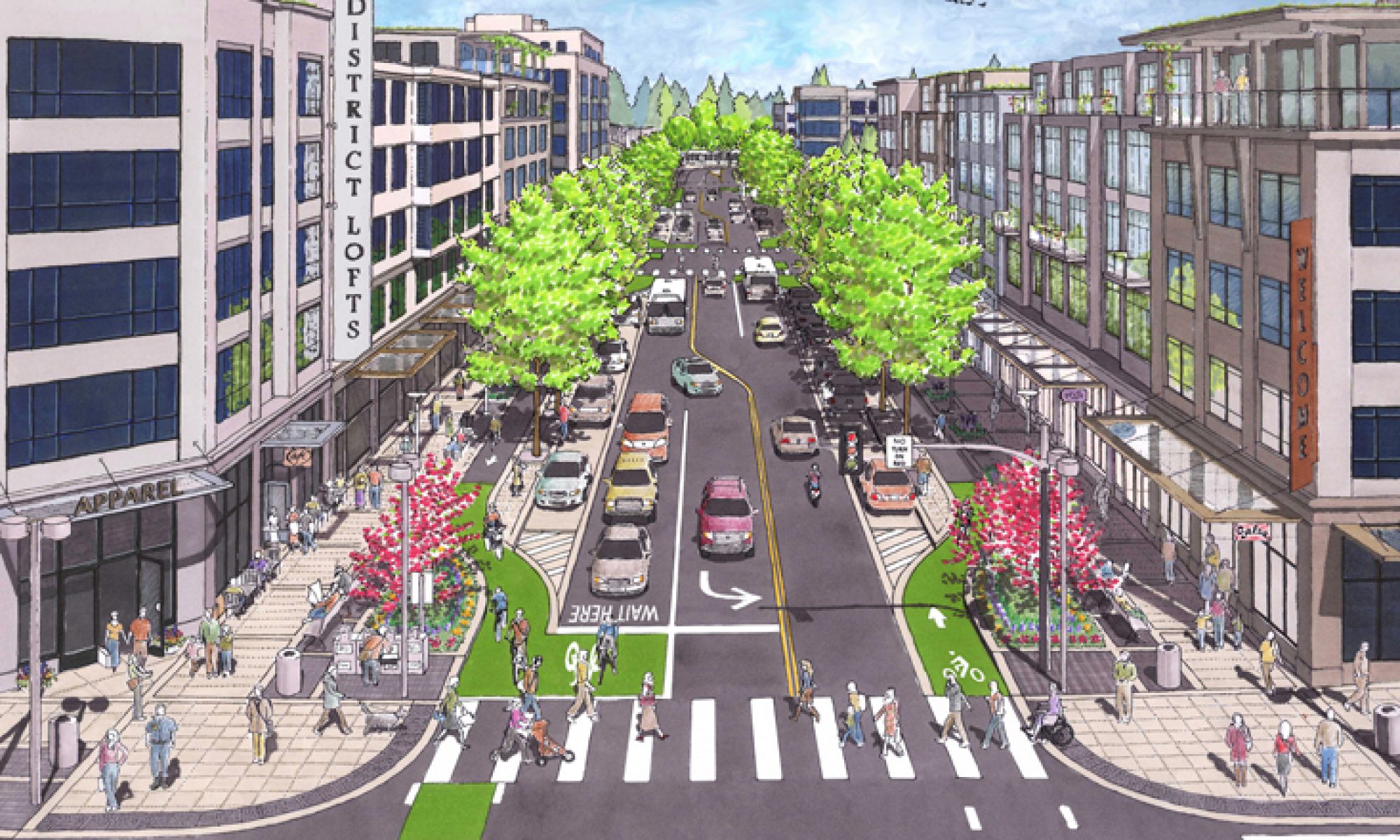This is a simple story about grocery shopping by bike in Minnesota. Grocery shopping by bike is indeed a simple pleasure, and it’s great in Asbury Park! Nothing in Asbury Park is much further than a mile from anywhere, and bicycle infrastructure is getting better and better, so riding a bike to shop makes total sense. There isn’t always fantastic bike parking, but there is some…ingenuity and a decent lock are important. Pick up some veggies to grill and ingredients for a salad, and fresh fruit for dessert. Asbury Park has a great markets with lots of fresh produce and staples. Tapatia Market on Main St.; Super Supermarket on 3rd Ave; Asbury Farm Market, Springwood Ave and Memorial Drive, next to/behind the train station; Asbury Fresh, Kennedy Park, Grand & Cookman Avenue, Sundays, 10am-3pm; Asbury Park Sunset Market, Sat., 8am–1pm, June–Oct., Main and Sunset Ave. A cargo bike would be great for a big haul, but a basket in front works just fine.

“Someone recently asked me how you shop for groceries on a bike. It struck me as a question lots of people have probably never thought about, so why not write something about it?
I think the first thing to keep in mind is that you’re probably going to have to shop for groceries more than once a week. To me, that’s a feature not a bug, as I mostly try to eat fresh produce, some of which doesn’t keep all that well for a week anyway. Shopping more frequently means I only have to plan meals for a few days at a time. It’s also not that much of a burden, if you shop closer to home, which is easier if you live closer to stuff.”
Read more…
https://streets.mn/2018/08/23/grocery-shopping-by-bike/





















